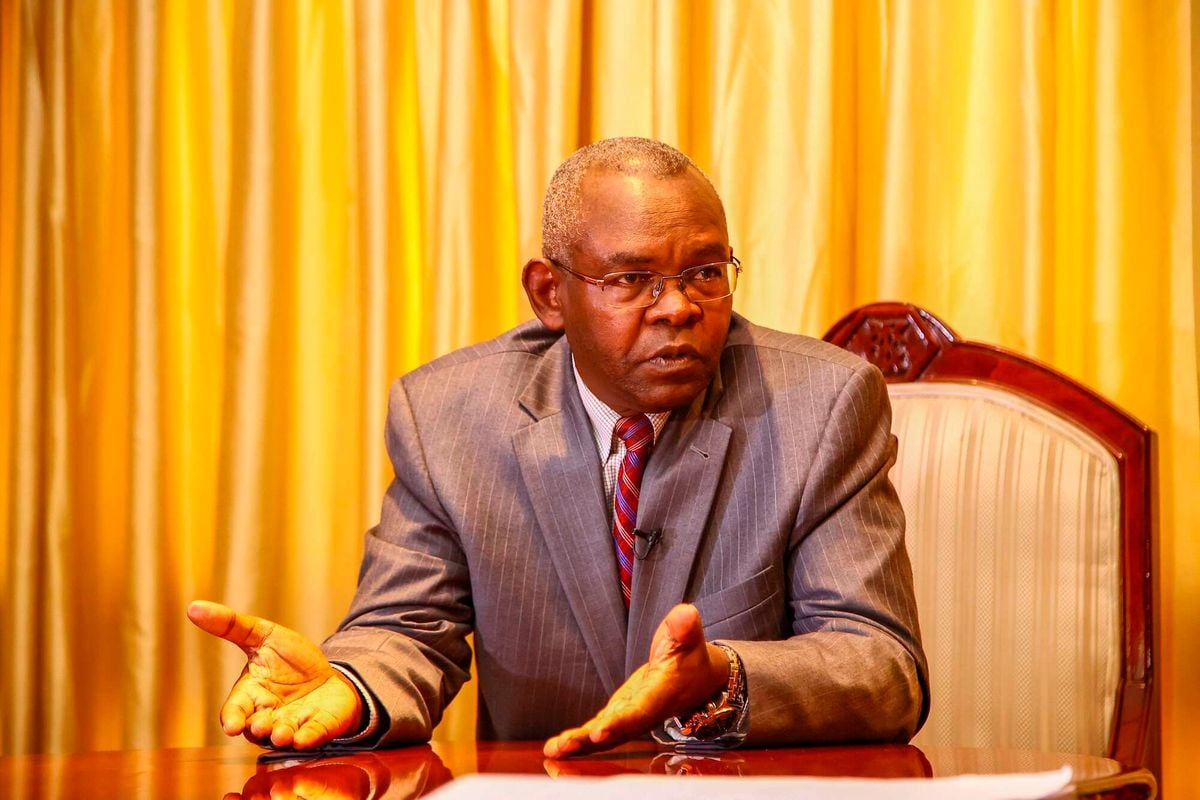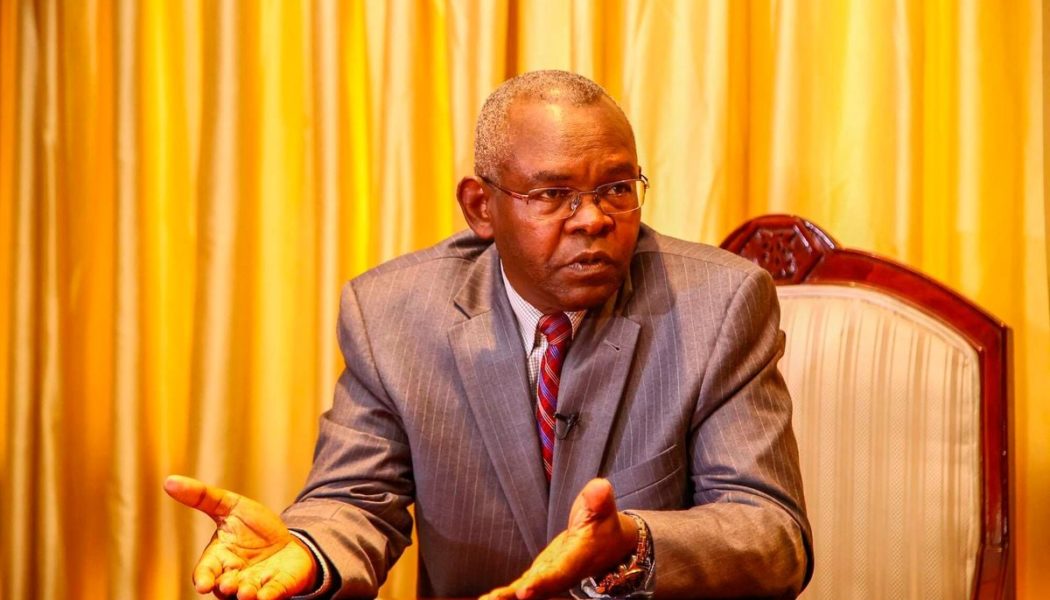
The Central Bank of Kenya (CBK) faces a legal headache in complying with the law requiring staggered replacements as it prepares for the exit of four board members next month amid overdue changes to the monetary policy committee (MPC).
The tenure of four of the seven directors of the CBK board are ending on December 4, in what will complete the shake-up that started with the retirement of governor Patrick Njoroge and chairman Mohammed Nyaoga on June 17 last year.
The simultaneous exits of Nelius Kariuki, Ravi Ruparel, Samson Cherutich and Rachel Dzombo underscore the CBK’s difficulty in complying with the law requiring a phased replacement.
This will compound the regulator’s legal headache given that the terms of four other external members of the MPC—the organ responsible for making decisions that influence the supply of money in the economy—ended on August 24, but the Treasury has yet to appoint new ones.
The mass changes will be in breach of the CBK Act 2015, which provides for the phased retirement of CBK board members.
“The members of the board shall be appointed at different times so that the respective expiry dates of the members’ terms of office shall fall at different times,” the Act reads in part.
The four members are critical to the CBK operations since they currently make up the bank’s internal audit committee as well as the human resources committee. At least three of them are required for any CBK board meeting.
The CBK has struggled to align with the requirement of phased replacements, especially that the four board members were hired at the same time and their terms renewed on December 5, 2020. The law only allows up to two terms.
The CBK Act states that a quorum for any meeting of the board can be achieved with chairperson, governor and three directors—a loophole that has allowed the entity to function without hiring four additional members.
The Act is silent on how CBK should stagger tenures of board members in such a way that they end at different times, a practice that is crucial in ensuring succession without disrupting the organisation.
The practice of a phased transition is in line with Mwongozo, the code of governance for State corporations that was started in 2015 to promote good governance in public institutions.
“The appointing authority should ensure that the tenures of the board members are staggered to ensure a phased transition,” the code reads in part.
The changes mean that the CBK board, which welcomed Andrew Musangi as the new chairman on September 29 last year and Kamau Thugge as the new governor on June 19 this year, will now have an almost entirely new board.
The oldest member will be Treasury Principal Secretary Chris Kiptoo, who has been on the board since December 4, 2022.
Auditor General Nancy Gathungu has been pointing out the governance gaps at the CBK, including operating for years with four non-executive directors instead of 11.
“Section 11(1) (d) of the CBK Act, Cap 491 of 2014, provides that there shall be eight other non-executive directors of the board. During the year under review (2023/24), the Bank had only four non-executive directors in place transacting business on its behalf and whose tenure will end on December 4, 2024,” said Ms Gathungu in the latest audit.
The Act requires that the board members have knowledge, experience and expertise in matters relating to finance, banking and fiscal and monetary policy. Two must be women.









